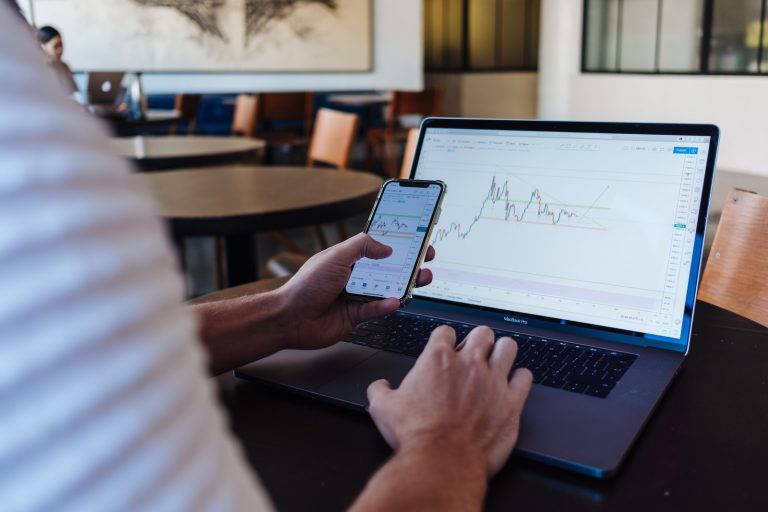A bipartisan group of US lawmakers have come together to push for a bill that would ban official members of the Congress from owning and trading stocks. Although it has previously failed to go forward, the initiative is seeing a lot of interest and support this time round. The representatives hope that the ban would restore the trust of the public towards US officials. However, why is it so important and what are the potential implications of this ban? Here’s what you need to know.
Story Stages
What is the bill for?
The bill, which has also been dubbed the “Bipartisan Restoring Faith in Government Act” is set to ban all members of the Congress, including their spouses and other dependents, from trading while they are serving. This applies to any investments, such as stocks, bonds, Plus500 futures, commodities (e.g. oil or gold) and so on.
As it currently stands under the STOCK Act of 2012, Congress members are allowed to trade as long as they don’t use any inside information as well as disclose any transactions valued $1,000 or more. However, the lawmakers are seeing the need to tighten the rules due to the lack of trust and transparency around the issue.
According to the New York Times investigation, 97 of the current representatives or senators have reported trades in stocks that intersected with the work of the servants. In the last three-year period, over 3,700 trades have been flagged as potentially conflicting between private gains and public responsibilities.
If the bill is to pass through, the existing members of the Congress would be given a period of 90 days to divest their stocks or move them into a blind trust. Those who fail to comply with the ban (including family members) would have to give any profits they make to the US as well as be subject to a 10% fine.
The legal and ethical implications
A number of legal and ethical considerations are involved in regards to trading amongst the US officials, posing a need for stricter regulations. First and foremost, members of Congress have access to insider information (not available to the public) about various legislative actions, which could potentially impact certain industries or companies. If they or their family members use this knowledge to trade stocks, this would result in insider trading, which is illegal.
On the ethical side of things, even if there is no proof of insider trading involved, the members of the Congress may have personal bias towards certain legislations. For instance, pushing for particular policies towards certain sectors, in order to benefit personal investments. This would result in a conflict of interest, where US officials are pushing laws based on personal biases as opposed to the public good.
The loss of trust of the public is a great concern for the lawmakers proposing the bill, as they claim the current laws are a great disservice to the nation. They believe that if government officials are focused on serving Americans, rather than their own stock portfolios, the ban should not be a difficult decision to make.
Previous efforts have failed
A similar push has already been attempted in 2021, however, it did not get enough support to pass and has failed to get to a floor vote. Many of the officials opposed the idea, arguing that “it’s a free country” and a “free market economy”, which is why everyone should be equally able to participate in trading. Some of the officials have since come around to increased restrictions, although the issue still remains highly controversial amongst members of the Congress.
However, with an increasing number of concerns towards conflicting trades (particularly the private Covid-19 pandemic briefings or Russia’s invasion of Ukraine), the lawmakers are also increasingly arguing for the need of the ban. There have been recent examples of Congress members performing potentially conflicting stocks related to such private information.
What to expect this time?
We are yet to see how the events pan out, as the bipartisan group of lawmakers have been pushing hard for the bill to reach the floor for votes. So far, the ban has received widespread support from the public: around 63% of Americans believe that members of Congress should not be allowed to trade stocks, out of which 69% were Democrats and 58% Republicans. Some area experts believe that the recent banking crisis, following the collapse of an industry giant SVB (Silicon Valley Bank), could be what pushes this bill to go through.
The ban of trading amongst US officials has been long coming, as ethical and legal issues have always been a concern for both lawmakers and the public. While insider trading is already illegal, the current legislations fail to fully prevent members of the Congress using sensitive or private information for their personal trading strategies. This has been more than evident in dozens of transactions that have been found to be conflicting with the officials’ work.
